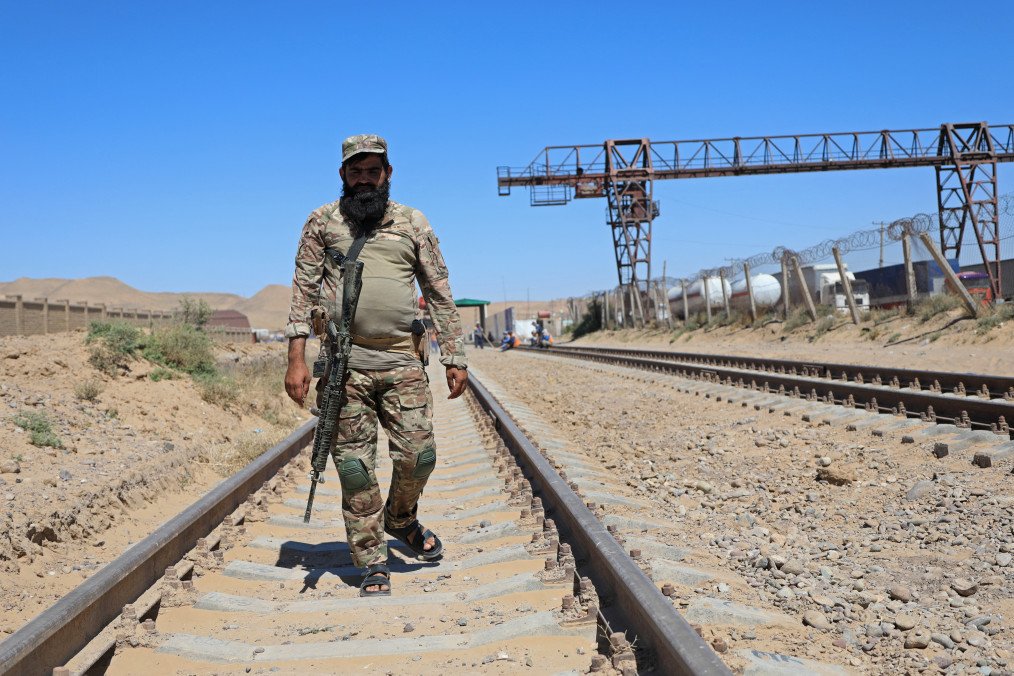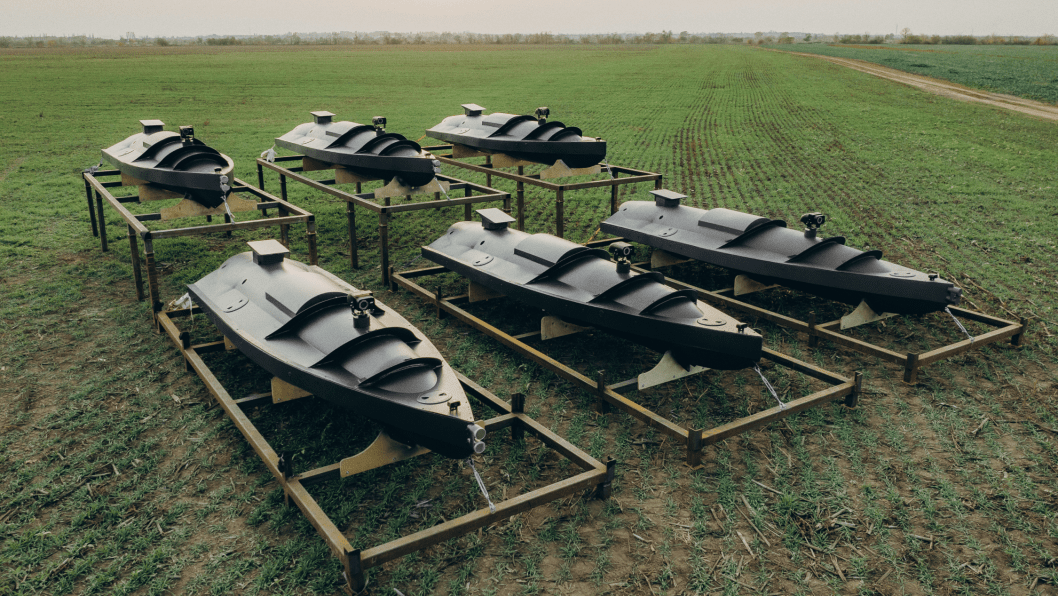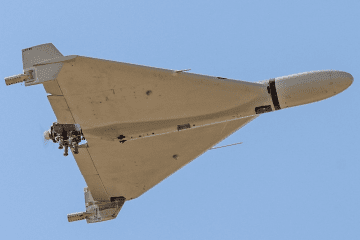- Category
- Latest news
Russia Proposes Building Taliban Railway Network Despite Domestic Budget Cuts

Amid growing economic ties, Russia has offered to help the Taliban-led government of Afghanistan build a national railway system that would connect the country to India and Pakistan, Russian Deputy Prime Minister Alexei Overchuk announced at the Russia-Afghanistan business forum held during the KazanForum on May 16.
“The Russian side is interested in developing Afghanistan’s railway infrastructure with access to India and Pakistan,” Overchuk said. He noted that an economic feasibility study for the project is expected to be completed by early 2026.
Russian companies, he added, are prepared to supply a “broad range” of modern equipment for constructing rail infrastructure, including locomotives and passenger cars. In addition to rail, Russian automakers are also reportedly seeking to expand their presence in Afghanistan by exporting trucks and buses.
According to Overchuk, Kabul has already submitted a list of proposals to Moscow outlining areas for broader economic cooperation. These include energy, industrial machinery, mining, and agriculture, in addition to transportation and logistics.

However, Russia’s interest in overseas rail development comes at a time when its own domestic railway investments are being sharply scaled back due to financial strain.
Russian Railways (RZhd), the country’s state-owned transport monopoly, slashed its 2025 capital investment program by 37%, cutting the budget from $16 billion (1.3 trillion rubles) to $10.3 billion (834 billion rubles).
Major infrastructure upgrades—including modernization projects for the Baikal-Amur Mainline (BAM) and Trans-Siberian Railway—are among the casualties.
Planned spending on BAM and Transsib was reduced fivefold. Investment in port rail access routes across European Russia has also been nearly frozen.
Rail freight volumes have been hit hard by the economic downturn and sanctions pressure. In April 2025, freight traffic across the RZhD network dropped 9.7% year-on-year, according to Alexander Isakov, a Russia and CIS economist with Bloomberg Economics.
Earlier, reports emerged that Russia established imports from Taliban-controlled Afghanistan, including soft drinks and energy drinks, such as Coca-Cola, which exited Russia after the start of Russia’s full-scale invasion of Ukraine.



-111f0e5095e02c02446ffed57bfb0ab1.jpeg)


